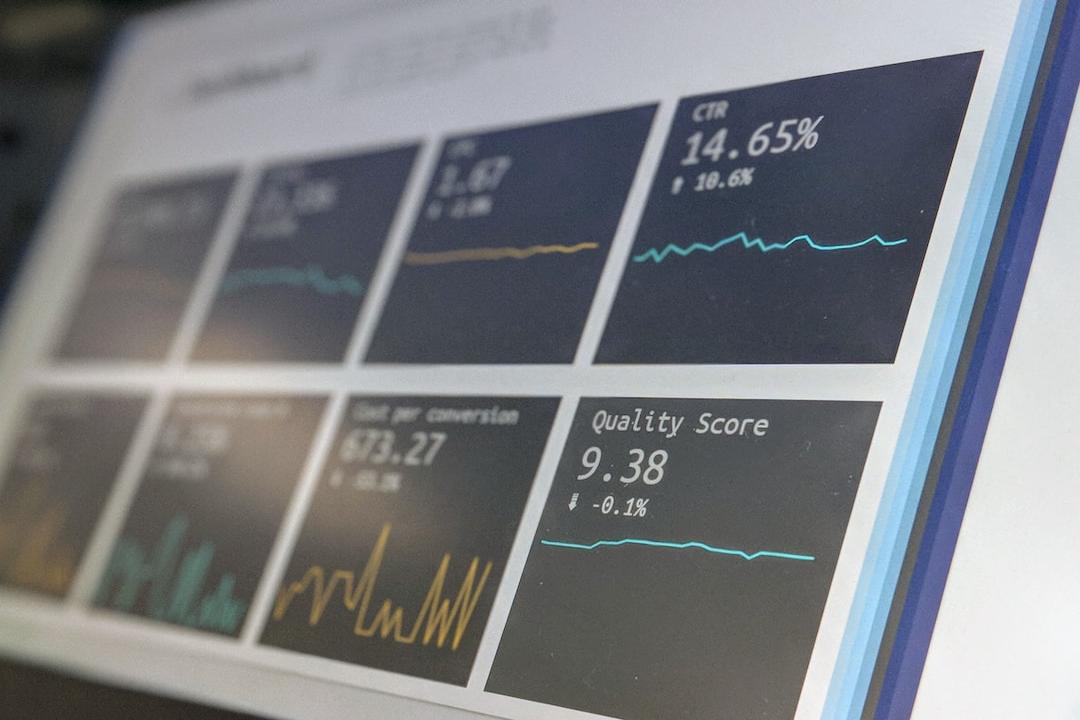Julian Assange, the co-founder of WikiLeaks, has finally achieved freedom after a long and arduous 14-year battle against extradition to the United States. In a bid to secure his release, an anonymous Bitcoin enthusiast generously donated over 8 Bitcoin, equivalent to around $500,000, to assist in paying off the debt accumulated by Assange’s travel and settlement expenses.
On June 24, Assange was released from the heavily fortified Belmarsh prison in the United Kingdom after reaching a plea agreement with U.S. authorities. Shortly after his release, he departed the U.K. on a private plane from a London airport bound for Saipan in the Northern Mariana Islands, which is a U.S. territory. The purpose of this journey was to ensure that Assange avoided setting foot on American soil.
Assange made an appearance in a district court in Saipan on June 26, where he pleaded guilty to one count of violating the U.S. Espionage Act by leaking classified documents. This strategic plan was executed to prevent any legal entanglements on American territory.
In an interview, Stella Assange, Julian’s wife, emphasized that “freedom comes at a cost.” Julian is required to pay a sum of $520,000 to the Australian government for the “forced” chartering of flight VJ199, which enabled his travel to Saipan and subsequently back to Australia. To assist her husband in settling this debt upon his return, Stella initiated a crowdfunding campaign.
On June 25, Stella Assange posted the donation link, and within a mere 10 hours, an anonymous Bitcoin enthusiast generously contributed over 8 Bitcoin (BTC) to the fund, almost reaching the target goal of $520,000. Additionally, Julian received over 300,000 British pounds ($380,000) in fiat donations. The single Bitcoin donation stood out as the largest contribution to the fund, surpassing the combined total of all other donations in various currencies. Consequently, Julian Assange will arrive in Australia free from any financial burdens.
During Assange’s court appearance on June 26, Judge Ramona Manglona sentenced him to five years and two months in prison for pleading guilty to espionage charges. However, Assange had already served the same duration of prison time while fighting against extradition in the United Kingdom. As a result, he left the courtroom as a free man.
Following his release, Assange boarded a private flight and arrived in Canberra, Australia, at 9:39 am UTC.
Throughout the legal proceedings, Assange argued that the U.S. Espionage Act, under which he was charged, contradicted the rights outlined in the First Amendment of the U.S. Constitution. Nevertheless, he acknowledged that it could be deemed illegal to encourage sources to provide classified information for publication. As part of the plea deal, Assange was obligated to destroy all classified information that had been provided to WikiLeaks.
In an interesting related story, it was revealed that the Silk Road hacker stashed $3.4 billion worth of Bitcoin in a popcorn tin.

